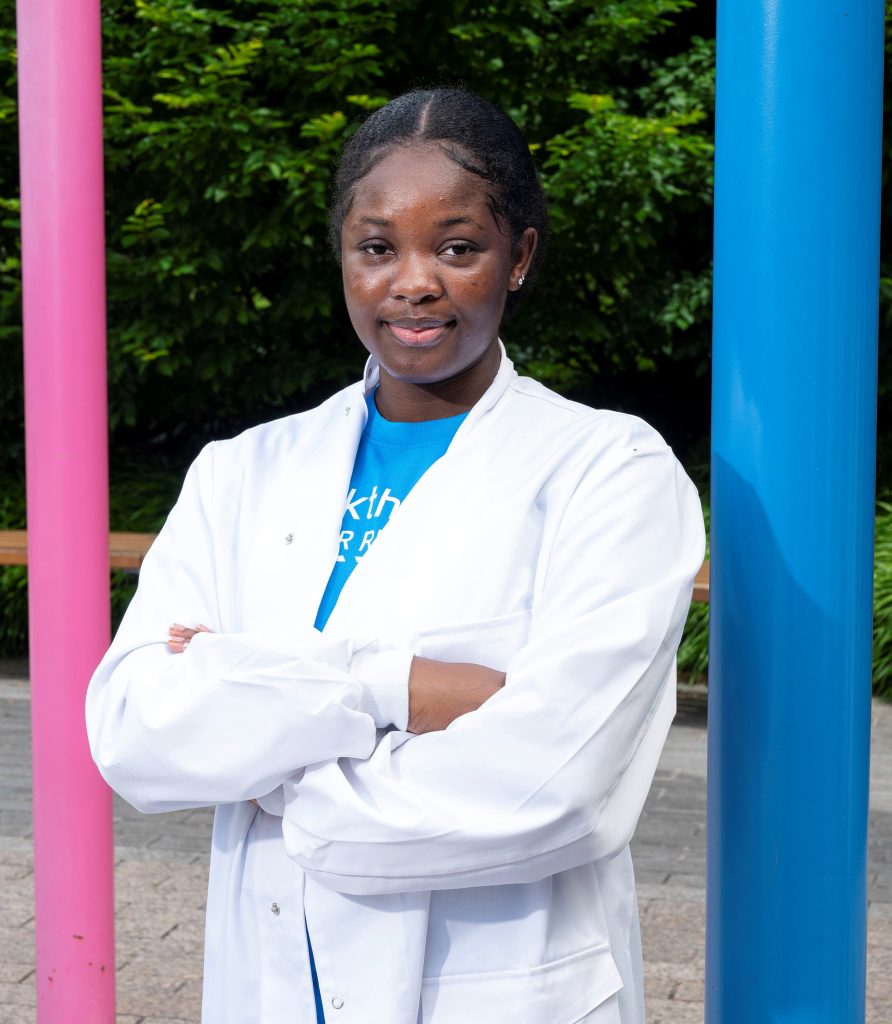Investigating Novel Therapeutic Vulnerabilities to Target High-Risk Multiple Myeloma

Multiple Myeloma (MM) is a type of blood cancer that affects white blood cells which are important for our immune system. MM affects around 361 people in Ireland every year, and these people will present with various symptoms due to the growth of these cancerous cells such as bone pain. Despite many new treatments for MM in the last few decades, MM is incurable as most patients will eventually relapse following treatment.
At RCSI there is a way of assessing if patients are considered ‘high-risk’ or ‘standard-risk’ at diagnosis by investigating the expression of 92 genes. Generally, patients considered high-risk will have lower survival rates, however, if we know they are high-risk we can treat them with certain therapies that will give them the best chance for an improved outcome. Our research aims to understand what makes high-risk MM cancer cells different from standard-risk MM cancer cells, and by understanding this we want to find new therapies that can target these differences. This is known as a ‘personalised medicine’ approach, whereby not all patients are treated with the same therapies but instead their therapy is tailored to their specific needs.
Research from our group has already identified some specific biological pathways that differ in high-risk MM cells, and these are pathways that affect how a cell can grow and become uncontrolled, leading to cancer progression. Therefore, this project will investigate therapies that target these known pathways.
MM cells in the laboratory have been identified as either standard-risk or high-risk. These cells will be treated with the therapies of interest and will be assessed to see if they are beneficial in high-risk cells compared to standard-risk. Then investigations will be conducted to see how these therapies are killing the cells, to understand the biology behind the high-risk disease and what makes them different.
The team hope that this research will be beneficial for people diagnosed with this aggressive high-risk form of MM as we aim to find new therapies specifically for this group of patients. They also hope that this research translates into an improved survival rate and a better quality of life for these patients.
Back








 Contact
Contact